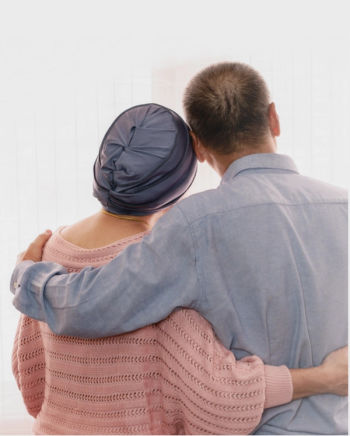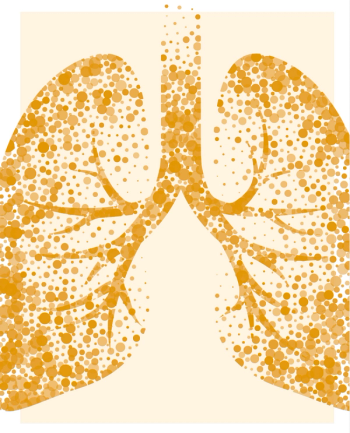
We all handle things differently, look at things differently and understand differently, meaning that the journey of each patient with cancer is unique. But there are always similarities among the symptoms, risks and treatments.

We all handle things differently, look at things differently and understand differently, meaning that the journey of each patient with cancer is unique. But there are always similarities among the symptoms, risks and treatments.

Over the past few years, lung cancer has changed significantly with improving outcomes, particularly attributable to immunotherapy, but how do we continue that trend?

Because of their age, disease state and comorbid conditions, older patients need supportive care.

As part of its “Speaking Out” video series, CURE® spoke with Katie Brown from LUNGevity about challenges that have arisen from the COVID-19 pandemic — including delays in screening — and resources to help patients through these trying times.

In partnership with CURE®, Bonnie J. Addario and the GO2 Foundation for Lung Cancer will release “The Living Room: A Lung Cancer Community of Courage,” a collection of stories from patients, caregivers and survivors taking a personal approach to cancer care.

The Cancer Support Community's Biomarker Testing Tool can help identify which targeted therapy should be used for treatment in patients with lung cancer.

In recent years, research in treating small cell lung cancer has broadened, bringing emerging therapies like immunotherapy to the forefront.

Even with all the recent advances in targeted therapies and immunotherapy drugs, patients with non-small cell lung cancer still need more treatment options. Although it’s early, cell-based therapies have shown some promise, with more research underway.

The FDA recently approved an expanded indication for Lorbrena as a first-line treatment option for a subset of lung cancer that has spread to the brain. Compared to previously-approved options, experts say Lorbrena is more effective.